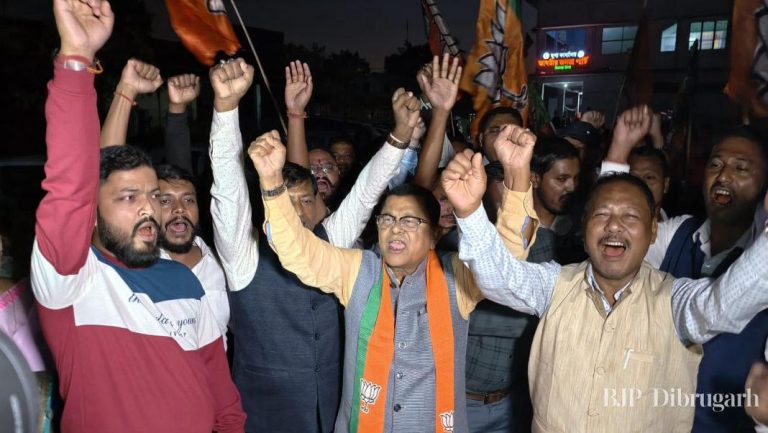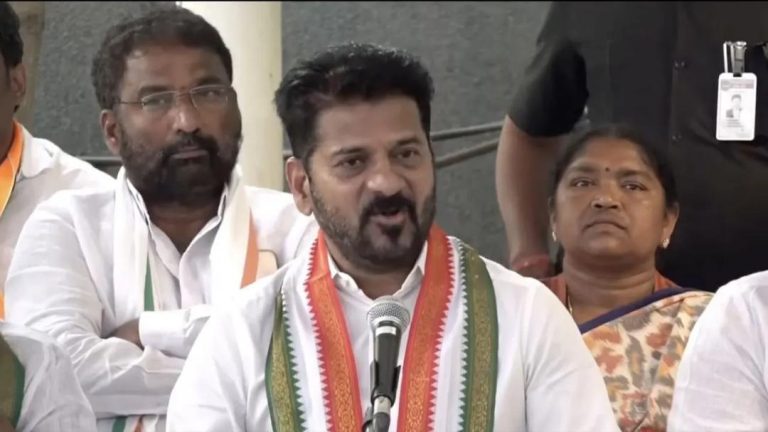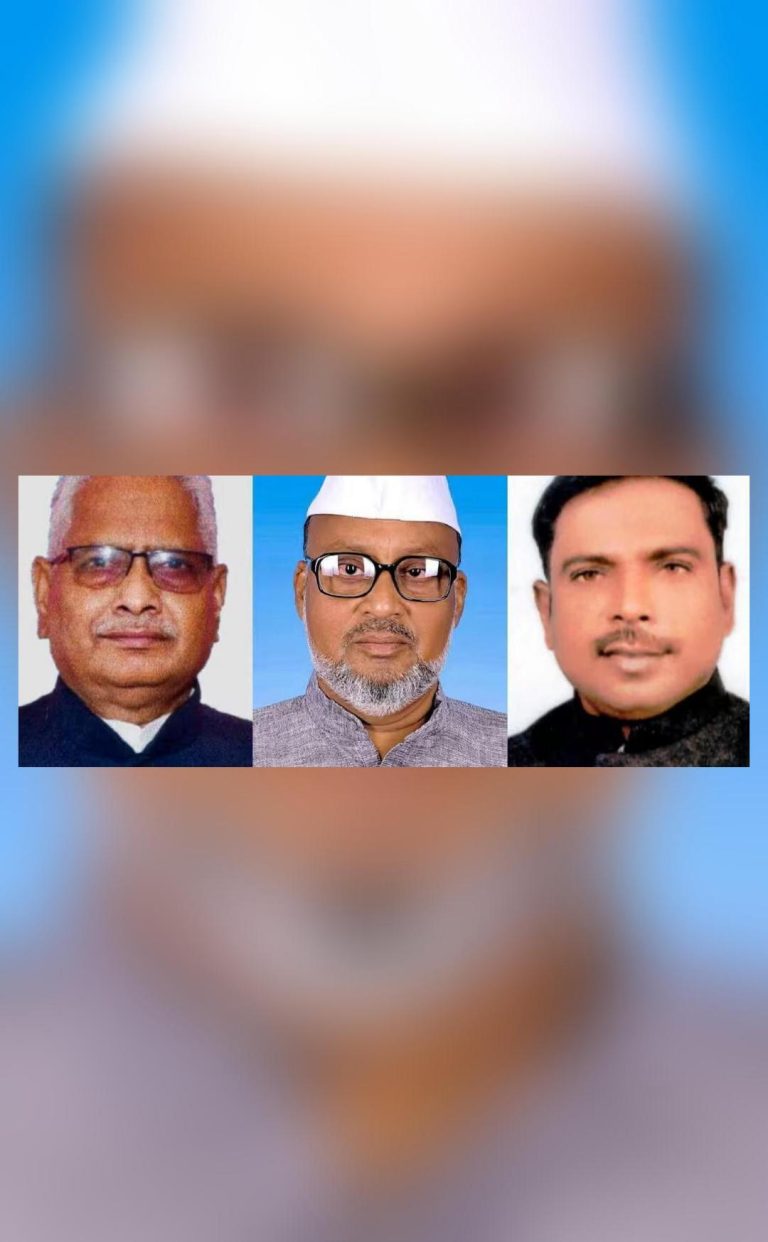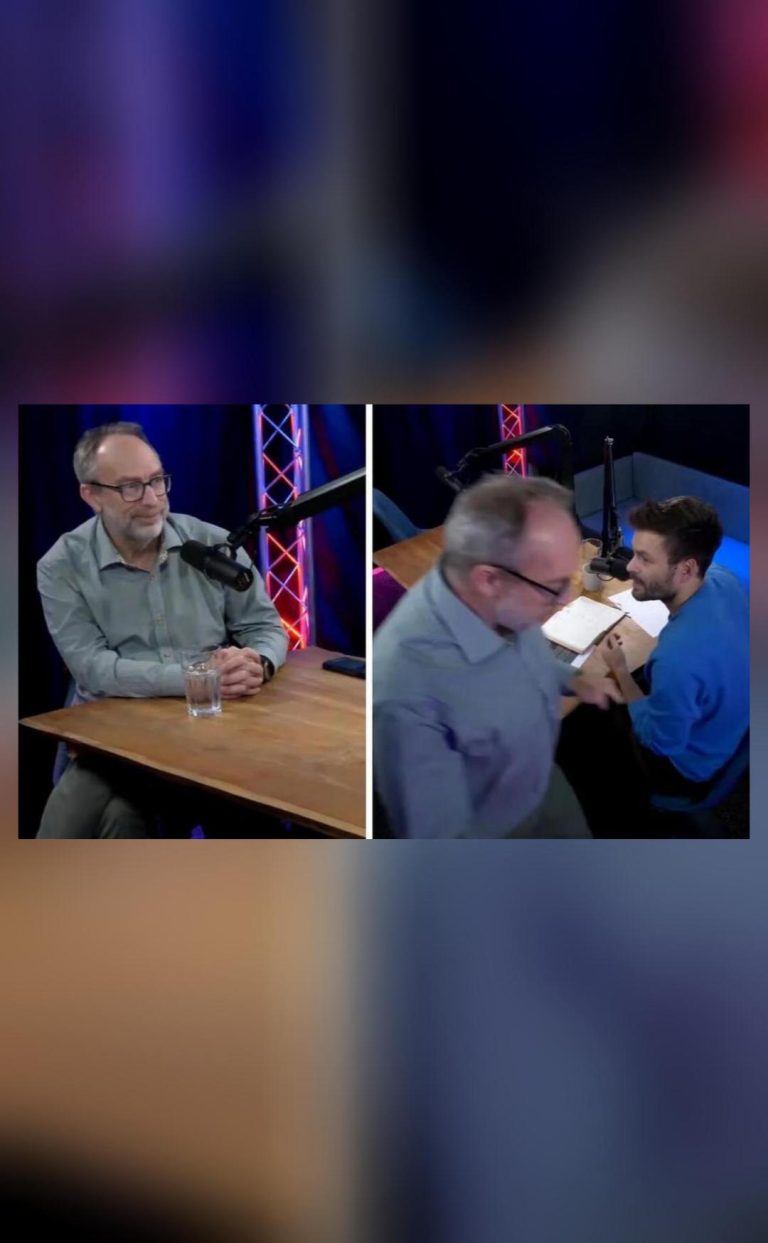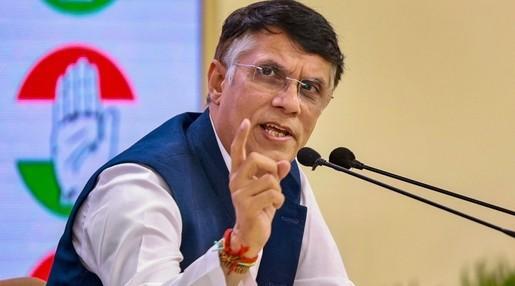
Why hasn’t PM Modi rejected Trump’s ceasefire claim: Congress
The ongoing tensions between India and Pakistan have been a subject of international concern, with the two countries having a history of hostilities and conflicts. In recent times, the situation has escalated, with both countries engaging in a series of military actions and exchanges. Amidst this backdrop, US President Donald Trump has once again claimed credit for brokering a ceasefire between the two nations. However, the Congress has raised questions over Prime Minister Narendra Modi’s silence on this matter, wondering why he hasn’t rejected Trump’s claim even once.
The latest instance of Trump’s claim came when he tweeted that he had “done a tremendous job” in stopping the escalation of hostilities between India and Pakistan. This is not the first time Trump has made such a claim, with Khera pointing out that this is the eighth time the US President has done so. Khera, a Congress leader, took to Twitter to express his surprise and concern over PM Modi’s silence on the matter. “This is the 8th time President Trump has made this claim that he got Operation Sindoor stopped,” Khera wrote on X. What does PM Modi’s “silence” mean, Khera asked.
The Congress leader’s question has sparked a debate over the implications of PM Modi’s silence. While Trump’s claims may have been intended to boost his own image as a statesman and peacemaker, Khera’s question highlights the potential consequences of PM Modi’s failure to reject these claims. By not speaking out against Trump’s assertions, PM Modi may be inadvertently validating the US President’s claims and undermining India’s own diplomatic efforts.
The Congress has long been critical of PM Modi’s handling of the India-Pakistan situation, accusing him of being overly reliant on foreign powers and failing to take a strong stand against Pakistan’s aggression. In this context, Khera’s question may be seen as an opportunity for the Congress to score political points and highlight what it sees as PM Modi’s weakness in the face of international pressure.
However, it is also possible to argue that PM Modi’s silence may be a deliberate strategy aimed at de-escalating tensions and avoiding further confrontation with Pakistan. In recent times, India has been engaged in a series of diplomatic efforts aimed at reducing tensions with Pakistan, including the establishment of a hotline between the two countries’ foreign ministers. By not rejecting Trump’s claims, PM Modi may be attempting to send a message to Pakistan and other stakeholders that India is committed to finding a peaceful resolution to the conflict.
Moreover, it is worth noting that India has not officially responded to Trump’s claims, and it is possible that PM Modi may have chosen not to comment on the matter in order to avoid fueling the controversy. In this context, Khera’s question may be seen as an attempt to create controversy and undermine PM Modi’s authority, rather than a genuine inquiry into the Prime Minister’s intentions.
In conclusion, while Khera’s question may be seen as an attempt to score political points, it also highlights the importance of transparency and accountability in international diplomacy. As the situation between India and Pakistan continues to evolve, it is essential that PM Modi and other leaders avoid making claims that may be perceived as inaccurate or misleading. By doing so, they can maintain the trust and confidence of their citizens and avoid further escalating tensions.
